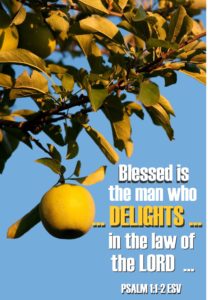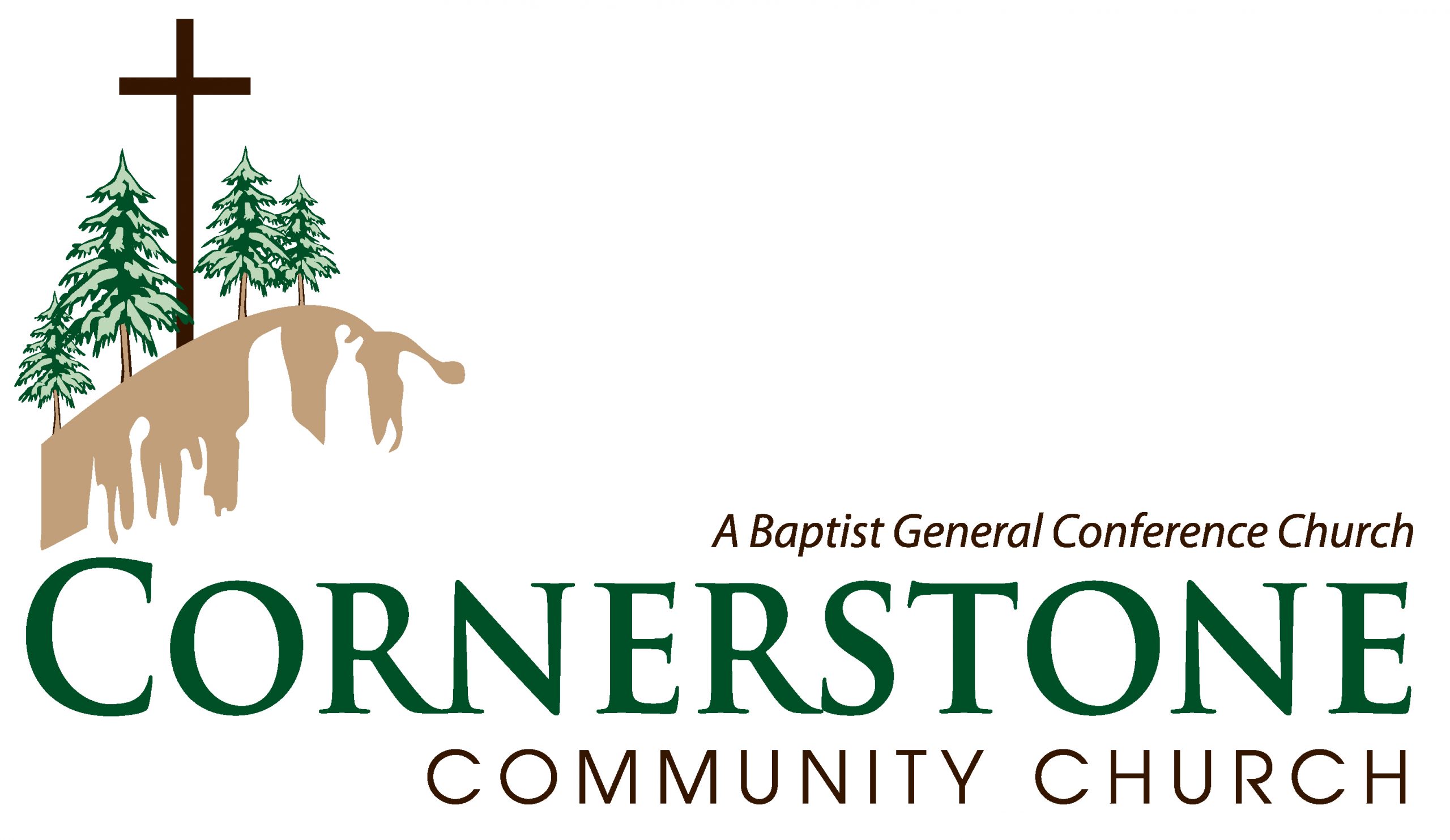Meditations on the Psalms (1:1-2)
 I often find myself turning to the Psalms, especially when I feel confused, distressed, or overwhelmed. The words of this ancient hymn book lead me to the throne and the One seated there, the One who is an ever present help in time of trouble. In this season of isolation and divinely imposed Sabbath, I think there is no better refuge than with the crowd of worshipers gathered in the Psalms raising their voices of faith and praise to God above.
I often find myself turning to the Psalms, especially when I feel confused, distressed, or overwhelmed. The words of this ancient hymn book lead me to the throne and the One seated there, the One who is an ever present help in time of trouble. In this season of isolation and divinely imposed Sabbath, I think there is no better refuge than with the crowd of worshipers gathered in the Psalms raising their voices of faith and praise to God above.
I have also wanted, and been praying for, a means of encouraging and shepherding God’s flock during the COVID-19 shutdown. I miss you, but I don’t want to merely add to the all the voices you are hearing regarding what you should do and how you should act and what your attitude should be while you struggle with the impact of social distancing and advancing infection on yourself and your family. I want to set before you more than the voice of a man. I would like you to hear the voice of God speaking in terms of love and hope and justice and mercy, personal messages from His heart to your heart. So, rather than trying to interpret the culture in the hour of fear and anxiety, I offer you what I hope I am better at interpreting: God’s word.
I’m not going to promise a daily devotional, but, as God speaks in the times I spend with Him in the Psalms, I intend to share with you what He gives me for you. Please understand, sometimes I spend time in the word for your benefit, preparing sermons and studies and articles. This time is for my benefit, for my heart, for my soul. I want God to take the cap off the well of my heart and pour into me such grace, such glory, such love, that you can benefit from the overflow.
Let’s start with a few musings related to Psalm 1:1-2.
Psalm 1:1-2 (ESV) 1 Blessed is the man who walks not in the counsel of the wicked, nor stands in the way of sinners, nor sits in the seat of scoffers; 2 but his delight is in the law of the LORD, and on his law he meditates day and night.
Many Bible versions translate the word “blessed” as “happy.” I’m not sold. It’s not that I know better than scholarly translators. It’s just that “happy” seems man-centered to me, while “blessed” is decidedly God-centered, and, in my mind, the only truly happy man is a God-centered man whose happiness is a result of his blessedness. So, I prefer the word “blessed.”
Blessedness is both an experiential condition relative to the world and a theological position relative to God. A person who experiences genuine blessing is one who is deeply satisfied with the sovereignty of God. And a person who can be deeply satisfied with the sovereignty of God is one who has a right relationship with God through faith in Jesus Christ (and is therefore subject to the unshakeable favor of God). One who is genuinely satisfied with the sovereignty of God on account of a right relationship with God is one able to be delighted with God’s delight in him. So, a blessed man or woman is one who lives in the joy of contentment with God through relationship of faith in God.
Blessedness is a state of being, outside the norm, because it is not essentially a matter of possessions but of position. That is why a poor man and a wealthy man can be spoken of as equally blessed (or not) depending not on the value of their possessions but on the nature of their position with God! Too often, affluent American Christians speak of blessings in terms of tangible wealth, and of blessedness in terms of what they hold in their hands rather than of what God is doing in their hearts. Listen, what we delight in reveals our position with the LORD and the reality of our blessedness.
How can we be certain this is true, that our delights reveal our blessedness? Consider what the Psalmist says of the life practice of the blessed man.
- He walks not in the the counsel of the wicked. He does not take his cue from the world but from the word. He does not rely on humanistic worldviews as the basis for his life practice but on the revelation of God Himself.
- He stands not in the way of sinners. He does not live in accord with the practices of those who build their lives on philosophies, or principles, or policies that oppose God’s self-revelation. A Christian who supports abortion or homosexuality as a cultural norm defies the very definition of “blessed,” for they take their stand in the way of sinners.
- He sits not in the seat of scoffers. A blessed man or woman is one who is not defined by faithlessness (having no faith in God and therefore offering no meaningful obedience to God: sinner!) Instead they exhibit at the level of essential character a deep and humble reliance on their Creator.
- Those so described prove the position of their life and the condition of their heart by the conduct of their affection: they delight in God’s self-revelation and devote themselves to the effort necessary to adequately understand and love God as He reveals Himself to be. This self-revelation in the Psalmists day was the Law of the LORD. Today that revelation is fulfilled and expressed in Jesus Christ, the Son of God.
How then, we ought to ask, do we enter and experience “blessed”?
At a fundamental level, we need to disengage from the world and engage with God. During the pandemic we check daily for government instructions regarding how to protect our health, our families, our economic future, but how often do we check with God’s word for instruction in how to protect our heart, spirit, and mind, those parts of us that will outlive and outlast COVID-19, whether we keep our health, families, and wealth or not?
Neglect of God’s word, for the Christian, is tantamount to self-neglect in the middle of a raging pandemic! Blessed is the one who delights and meditates on the Law of the LORD. So, in what condition does the man exist who neglects the word? Not blessedness, that’s for sure. Take the time to read through Psalm 119 and you will discover more than 300 benefits to knowing and applying God’s word. These are the treasures gained and held by those who delight and mediate on God’s self-revelation.
The greatest weakness the church faces in our day is not social isolation but isolation from and neglect of the word. Our mind, our hearts, our spirits will inevitably fill with self-concern and worldly thinking because they are like vacuums sucking up ideas and emotions and experiences around us. If those ideas, etc come not from the word, we will gather them, intentionally or not, from the world. We are not designed by God to live empty, vacant lives. We will fill our lives with something, either of God or of the world, but something, regardless. If we would be blessed, then we must, at some essential level, disengage from the world and engage with God through His word.


Irene Laine
April 4, 2020 10:01 PMThank you for the reminder…